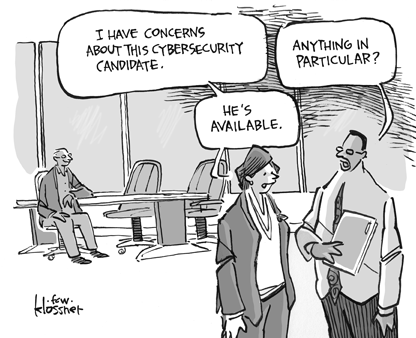
Want to close more deals, faster?
Get Pod!
Subscribe to the newsletter or book a demo today.
Thank you for subscribing!
Oops! Something went wrong. Please refresh the page & try again.

Stay looped in about sales tips, tech, and enablement that help sellers convert more and become top performers.

Artificial intelligence is becoming a core engine for modern sales teams. From automated call summaries to deal qualification insights, AI is transforming how revenue organizations operate. But with great power comes great responsibility—especially when sensitive customer data is at stake.
That’s where AI data governance for sales comes in. Sales organizations that use AI tools without a clear privacy and compliance strategy risk not only reputational damage but also hefty fines under regulations like GDPR and CCPA.
In this guide, we’ll break down the essentials of AI privacy policy for sales teams, including how to handle prompt logging, redaction, data retention, and compliance frameworks like SOC 2. We’ll also show how Pod’s unique approach to grounding and redaction helps sales teams harness AI without putting customer trust on the line.

Sales orgs live and breathe data: emails, call transcripts, CRM fields, LinkedIn notes, and deal memos. Much of that information contains PII (personally identifiable information), PHI (protected health information), or financial details.
When AI enters the workflow, that data often gets pushed into prompts or logged in ways teams might not fully understand. Without guardrails, sensitive data could be stored in places that are outside of your company’s security and compliance perimeter.
Data governance ensures:
Before setting policies, sales leaders must map the data flows AI tools touch. Common sensitive data includes:
👉 A quick exercise: make a data map of every tool where reps input or generate data with AI. You’ll be surprised how many touchpoints there are.
The foundation of AI governance starts with data mapping. Ask:
Visualize this flow. A diagram of inputs, processing, and outputs helps both compliance teams and sales ops spot risks early.
One of the most overlooked risks in AI deployments is prompt logging. Many AI systems log prompts to improve models, debug issues, or generate usage analytics. That’s fine—until prompts include PII or deal-sensitive data.
A clear prompt logging policy should cover:
👉 Pro tip: Configure your AI retention settings in CRM tools to align with company-wide data retention windows.
Data should not live longer than it needs to. That’s a mantra of every strong AI privacy policy for sales.
Key practices include:
Sales leaders often ask: What compliance frameworks apply to AI tools in sales? Let’s break down the big ones in plain English:
👉 Example: If you’re using an AI tool that stores call transcripts, you need to ensure the vendor signs a DPA addendum that aligns with GDPR and SOC 2 controls.
Most reps don’t speak “compliance.” To keep them aligned:
Training doesn’t need to be complicated—clarity wins.
Not everyone in your sales org should have the same data powers. Implement:
This mirrors security playbooks used in IT but adapted for sales workflows.
Here’s where Pod comes in. Pod automatically applies grounding and redaction before AI touches sales data. That means:
This “safe AI by design” approach allows sales leaders to innovate without second-guessing every new AI workflow.

It’s the set of policies and practices that ensure AI systems handle customer and prospect data securely, compliantly, and ethically.
Use automated redaction tools that replace sensitive tokens (emails, names, numbers) with placeholders before data leaves your system.
Yes—SOC 2 is often required by enterprise buyers. If your AI tools aren’t aligned, it could stall deals.
Retention sets the window data is kept. Deletion is the action of purging data once the window closes.
Imagine a German prospect emails your sales team. The email gets pulled into a CRM note, then into an AI-powered summary tool. If that tool stores raw notes indefinitely without deletion, you’re in violation of GDPR for AI sales tools.
Governance ensures that:
AI data governance doesn’t have to be the daunting tasks you envision it to be. By breaking it down into steps and by using tools like Pod, teams will be well on their way to secure, seamless processes in no time.
Book your free demo with Pod today.